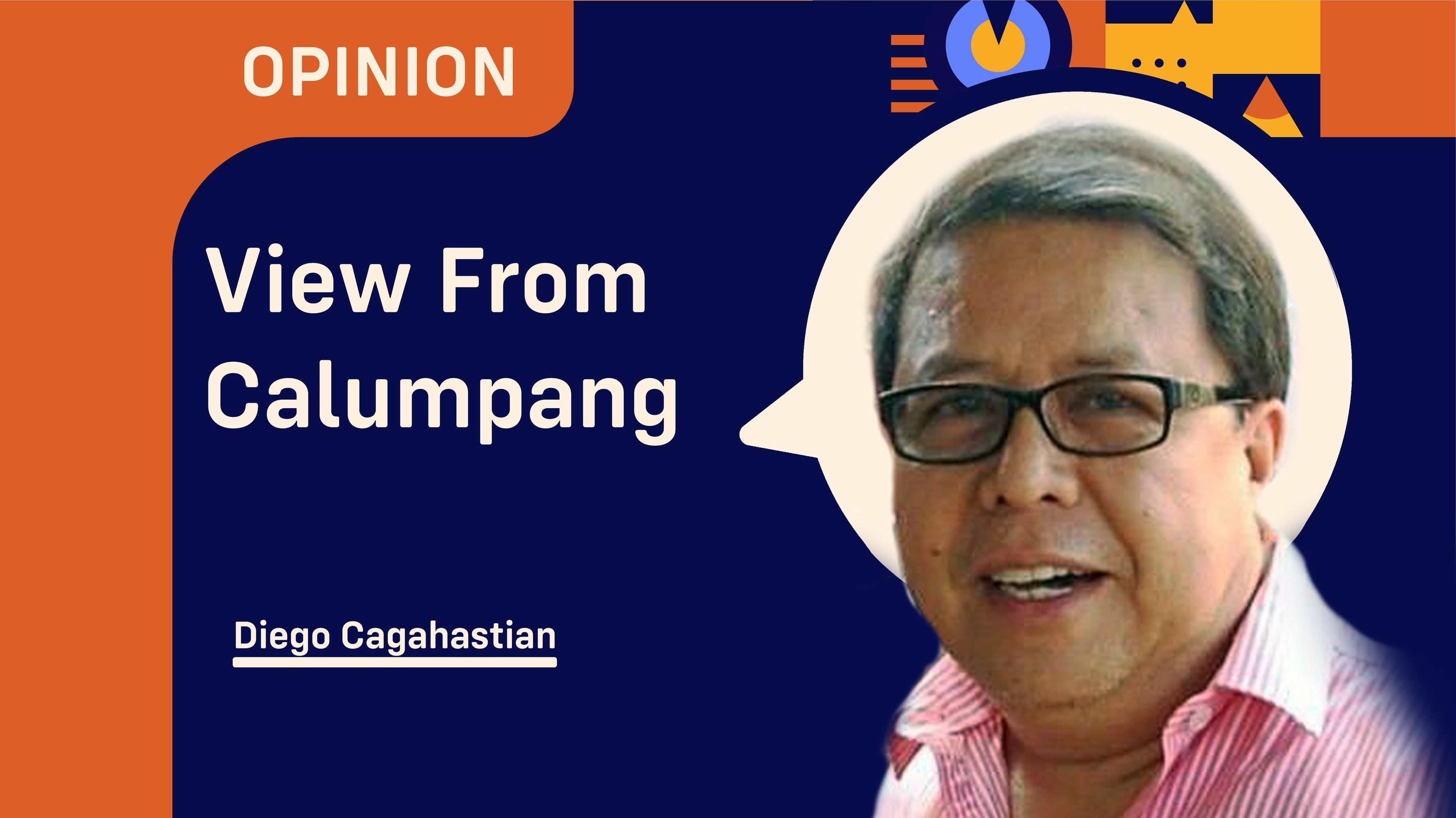I was born in 1952 and that makes me generationally included in the showbiz batch of Nora Aunor, Vilma Santos, Tirso Cruz III, Rudy Fernandez and Jay Ilagan. We belong to the lower rung of the baby boomers.
We saw the first light of day from various provincial towns a couple of years after the war, and with this war, I refer to World War 2.
I point this out because our generation could not have known first hand or from experience how the word “bobo” came to be included in the Filipino or Tagalog vocabulary.
The dictionary or any word translation list mentions tanga, gago, estupido, ungas, gunggong and others as synonyms for bobo. Bobo has become a household term and will remain so for many decades to come, thanks to the utility of the word.
Naturally enamored with words and etymology as far back as I can remember (during my pre-Grade 1 days in Biñan, Laguna when kindergarten and preschool were unheard of), I encountered a most likely explanation and in the most unlikely place—in Seoul.
That was when South Korea sponsored a month-long journalism program for Asian journalists where I represented the Philippines. We were taught the Korean language and studied Korean culture, visited museums and factories, etc.
And there, I encountered the word “babo” (pronounced “pabo” in Korean) which means “fool” or “idiot”. The word is often used in a playful or endearing way, especially when talking to loved ones or friends. It can also be used to describe someone who is silly or acting foolish.
It became clear to me that the Tagalog “bobo” is the progeny of the Korean “babo” and I surmised the word was nonexistent in the Philippines before World War 2.
You see, in that war, there were Korean soldiers fighting on the side of the Japanese Imperial Army, which conscripted around 240,000 Koreans. Korean soldiers guarding the garrisons would exchange “babos” and Filipinos in the barrios would hear “bobo,” — such is the beginning of the enduring usage of the word.
With this etymological discovery, I immediately informed my friend Atty. Larry Gadon, presidential adviser on poverty alleviation, who has popularized the word “bobo” for its use against anybody or anything that the Marcos cabinet member dislikes. Told him that the “bobo” only came to be in the PH after the war. Gadon noted this conversation piece, fascinated.
“Bobo” again surfaced last week in a Youtube conversation between political strategist Alan German and newsman Christian Esguerra. They discussed then candidate Manny Pacquiao and his “Ibalik ang Bobo sa Senado” political ad.
I did not see the ad, but German and Esguerra found the ad ridiculous and in the case of German, insulting to his professional career as a communicator.
Imagine the Pambansang Kamao admitting that he is “bobo” and asking voters to give him back his Senate seat on the basis of this negative quality.
Alan German is correct in striking out the political advertisement as the height of stupidity or kabobohan. Pacquiao could have said “ako’y isang boksingero lamang pero dapat ninyong ibalik sa Senado” and people would have listened. If only for this, Pacquiao deserves to lose.
Filipinos abhor negativity in any electoral campaign, or even in everyday life.
This is the reason why the Ninoy, Cory, P-Noy Aquino clan members, the remnants of the Communist Party and stragglers of the NPA and the Pink-Leni Robredo camp, and the MLs (malilibog na labels) and the Pink Martinis as well as the Duterte camp would fight tooth and nail against Larry Gadon whenever he yells, “Bboboooo!”
#WeTakeAStand #OpinYon #OpinYonColumn #ViewfromCalumpang
